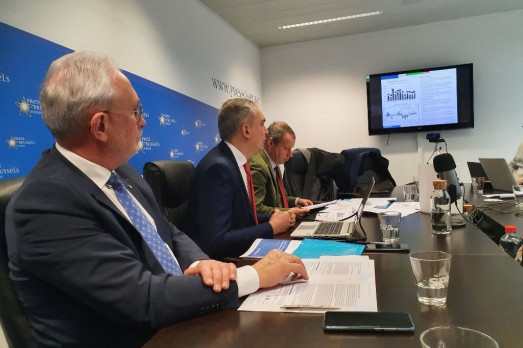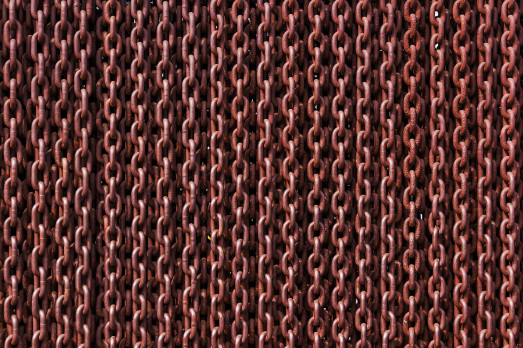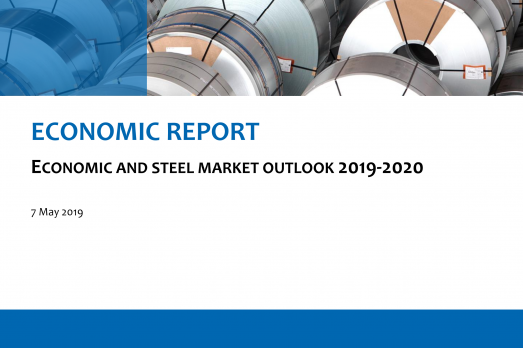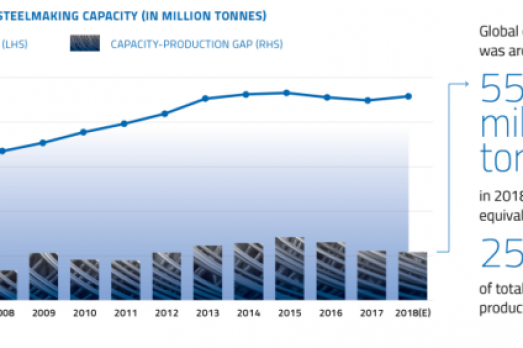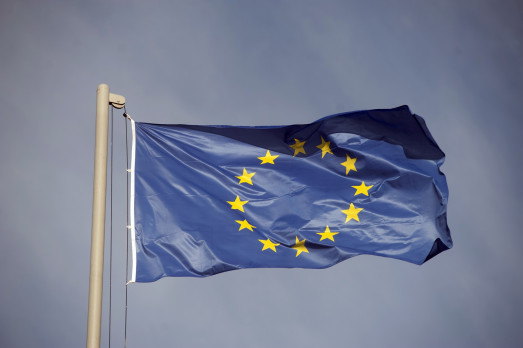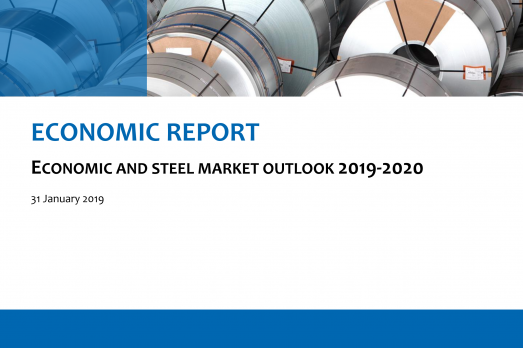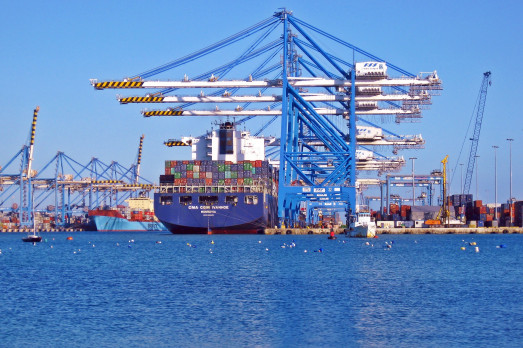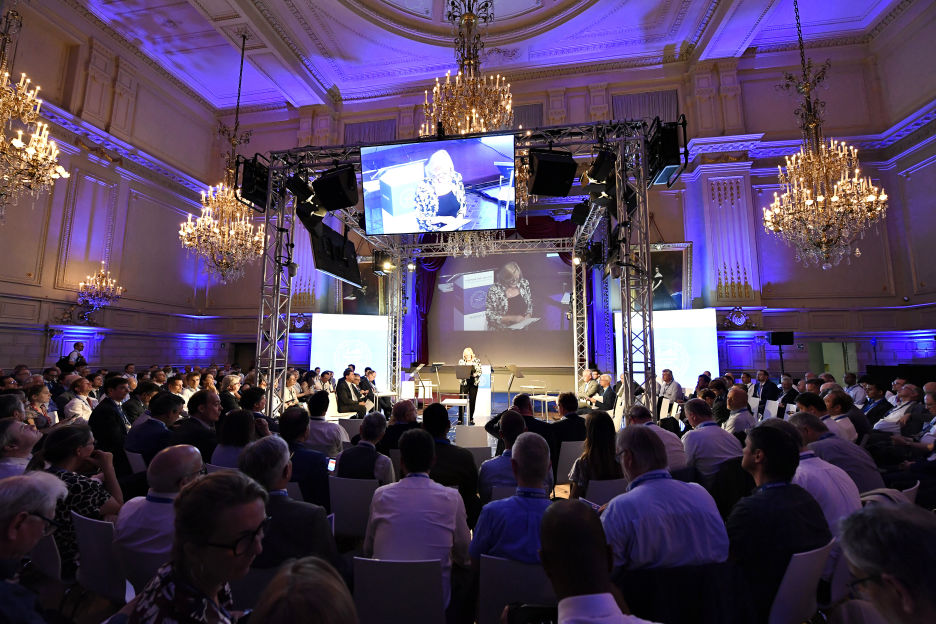Events: Webinar on the state of the EU steel market, October 2020 - 03 July 2020
EUROFER holds bi-annual seminars on the state of the EU steel market.
Press release: Weakness in EU steel safeguard and poor market conditions threaten sector - 16 May 2019
Brussels, 16 May 2019 – Surging import volumes, stalling economic growth, high and volatile raw material costs and sharply growing carbon costs are coming together to form a perfect storm that could knock the European steel industry back into a period of severe crisis. The impact of this combination of factors has already begun to affect European steel producers, with facilities being idled and production being cut back significantly across Europe.
